For decades there has been a stereotype that boys are more successful than girls in math and science but that girls have the edge when it comes to the humanities. At Wayland High School, this stereotype rings true.
A close examination of students in honors and AP level classes at WHS shows that there is a distinct difference between male and female enrollment. In honors/AP level foreign language, English and history courses, girls far outnumber boys, with an average of 63 percent girls to 37 percent boys in those subjects. This percentage changes drastically in the honors/AP level math and science courses where gender enrollment is equal.
[table id=”36″]
Of course, there are individual classes that defy these trends, but there are also classes that accentuate it.
Take for example, Honors American Literature, an 11th grade English course. Of the 73 students enrolled in the course, 52 are girls and only 21 are boys. In Honors Spanish 5, a 12th grade Spanish class, of the 31 students enrolled in the course, only 5 are boys while 26 are girls.

What accounts for these trends, nature or nurture?
“One of the differences might be that girls mature more quickly especially in terms of emotional intelligence or their overall emotional maturity,” said Guidance Counselor Jim Girard. “[Girls] might be more attracted to or be more proficient in subjects such as English and history and some of the humanities where they are able to express themselves and be introspective, as opposed to boys because it takes them a little bit longer to get that process going.”
While some people, like Girard, believe that boys’ and girls’ natural differences contribute to these trends, others believe the disparity is caused by how we are nurtured and the ideals that we are taught.

“I’m a person who believes in both nature and nurture, but in this case I think it is mostly nurture,” said history teacher Daniel Gavin. “I don’t believe that men are naturally not as good as women in the humanities and that women are naturally not as good as men in math and the sciences. I mean, there’s got to be early on, I think, encouragement and a nurturing for women and men to be focused in those areas. I see the product now, but I don’t believe that it’s natural.”
Senior Swathi Sivasubramanian feels the same way.
“I think creative thinking and writing are more encouraged in little girls than boys. I think society definitely plays a role, and a big role, especially in high school, because I feel like if we looked at these percentages in college, like how many people were majoring in certain things, it might be a little more even,” said Sivasubramanian. “I feel like in high school you are more susceptible to do what society has you do.”

The patterns that appear in Wayland are mirrored by trends published by the College Board about Advanced Placement exams. About 60% of last spring’s AP Spanish and AP English test takers nationwide were girls, which is nearly identical to the trend at WHS. The AP Chemistry and AP Statistics exams were split nearly 50/50 between boys and girls.
In looking at these statistics one must also acknowledge the fact that in general, more girls are taking honors and AP classes than boys are. Experts say there is no research or data suggesting that girls are smarter than boys or vice versa, but the statistics of gender enrollment in high level classes are overwhelming. What contributes to the higher number of girls in these courses? Do girls care more about their grades than boys? Do they work harder?

“With the niches that boys and girls are sort of socially expected to occupy at the high school, maybe in general boys are slightly less motivated to succeed in academic classes,” said senior Seth Lifland. “Maybe the impression of a typical high school boy is more related to athletics or extracurriculars, whereas girls are more driven to, I don’t know, try out higher level classes.”
“Well I feel as if with girls, at a young age you’re really taught by your parents and your teachers that it’s really, really important to get good grades and then I feel with boys it’s more focused on extracurriculars, especially sports,” said senior Shayna Rothschild.

In junior Bailey McAffee’s opinion, “I just think that girls try harder and they care more about their grades. I think that guys sort of try hard, but they don’t really care that much.”
While none of these statistics take into account how well students perform in the class or on examinations, there must be something influencing these enrollment trends.
What do you think about these trends? Do you see them? Why do you think they exist?

![During the WHS club fair, senior Molly Bergeron is watching a student sign up for her club, Eliza J. Norton Foundation. In this club, students meet every week and come up with ideas to spread the message. "[This club] really touches a lot of people in the town," Bergeron said.](https://waylandstudentpress.com/wp-content/uploads/2025/10/IMG_1335-1200x800.jpg)



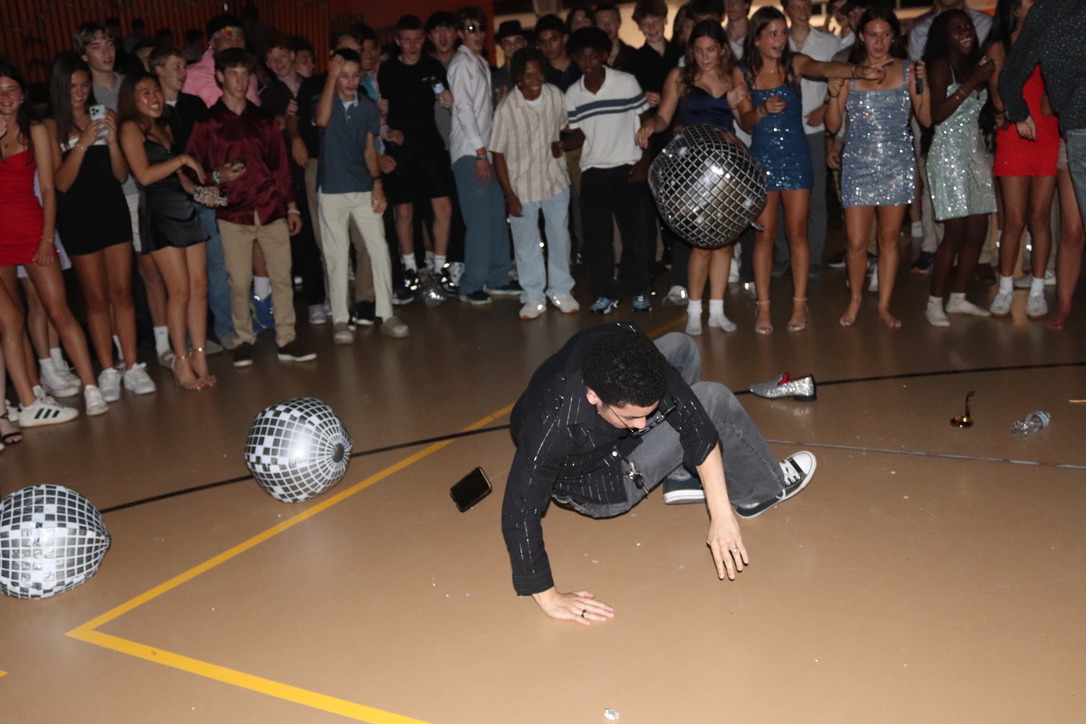








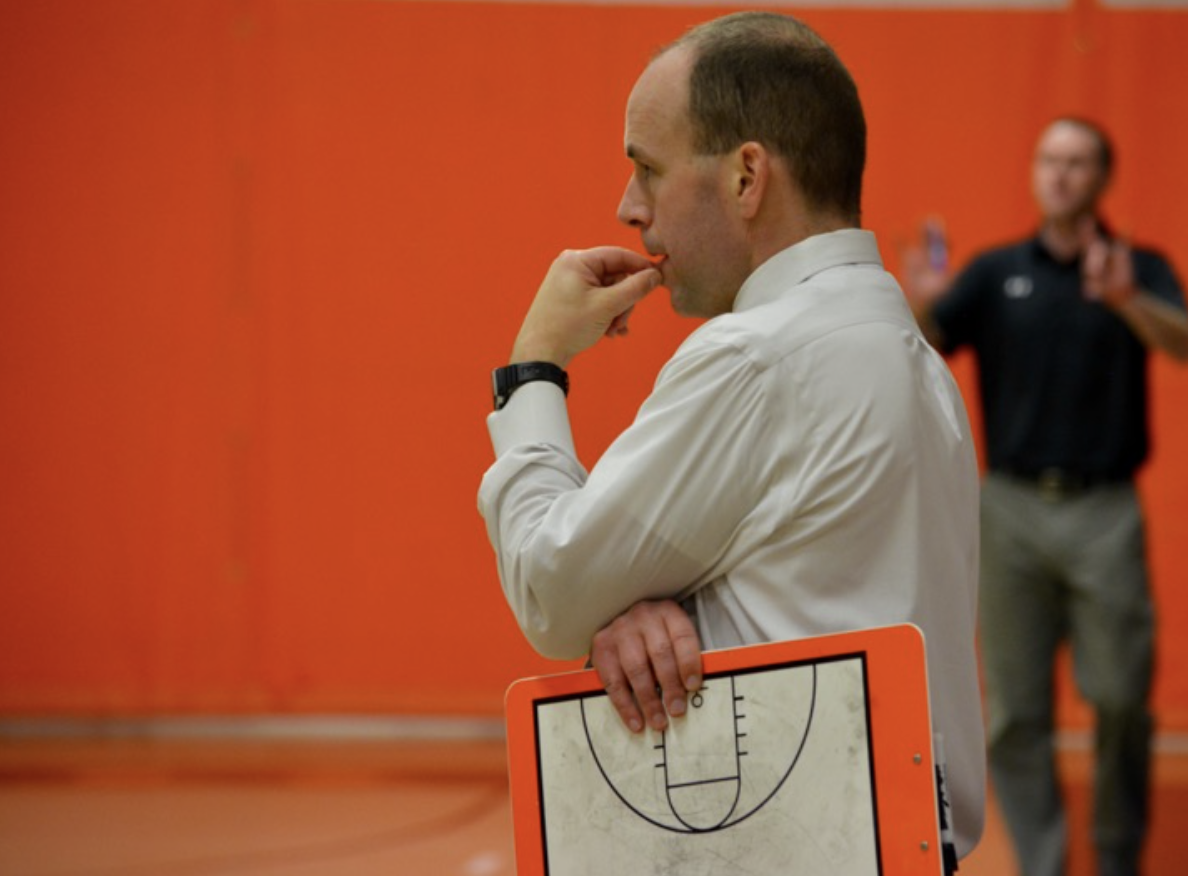
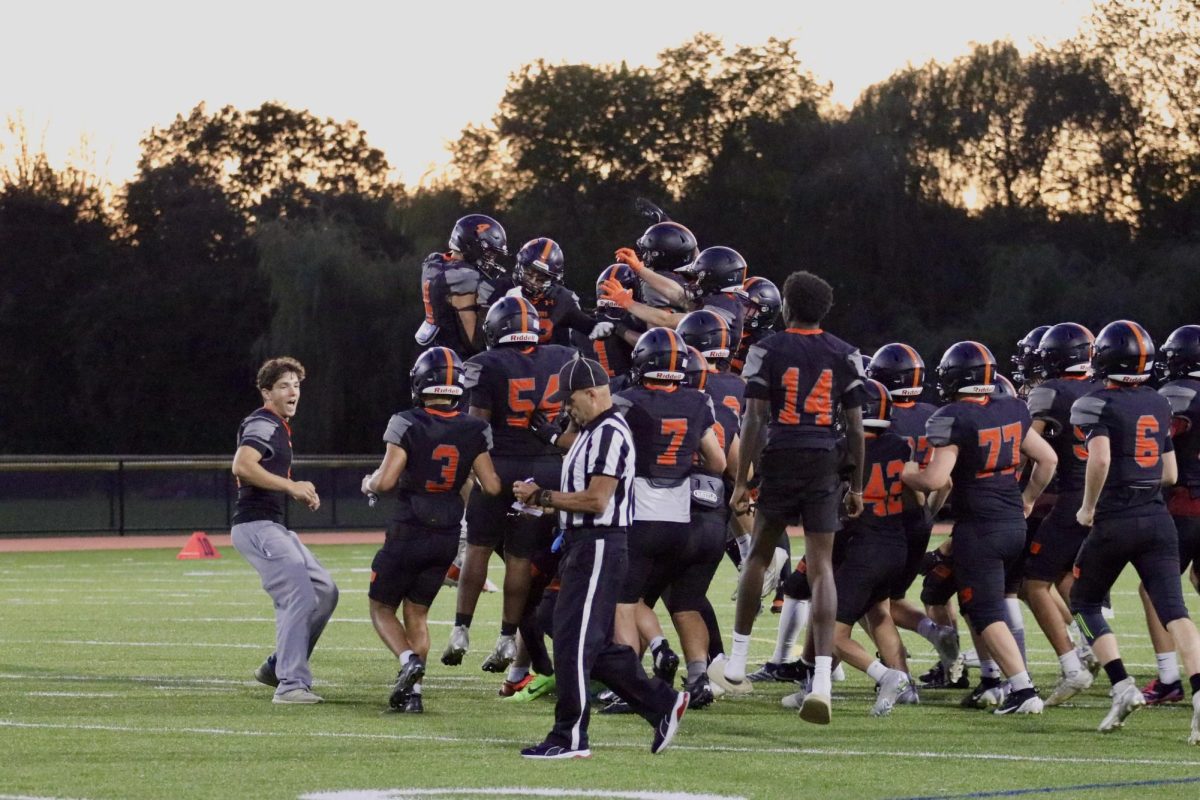











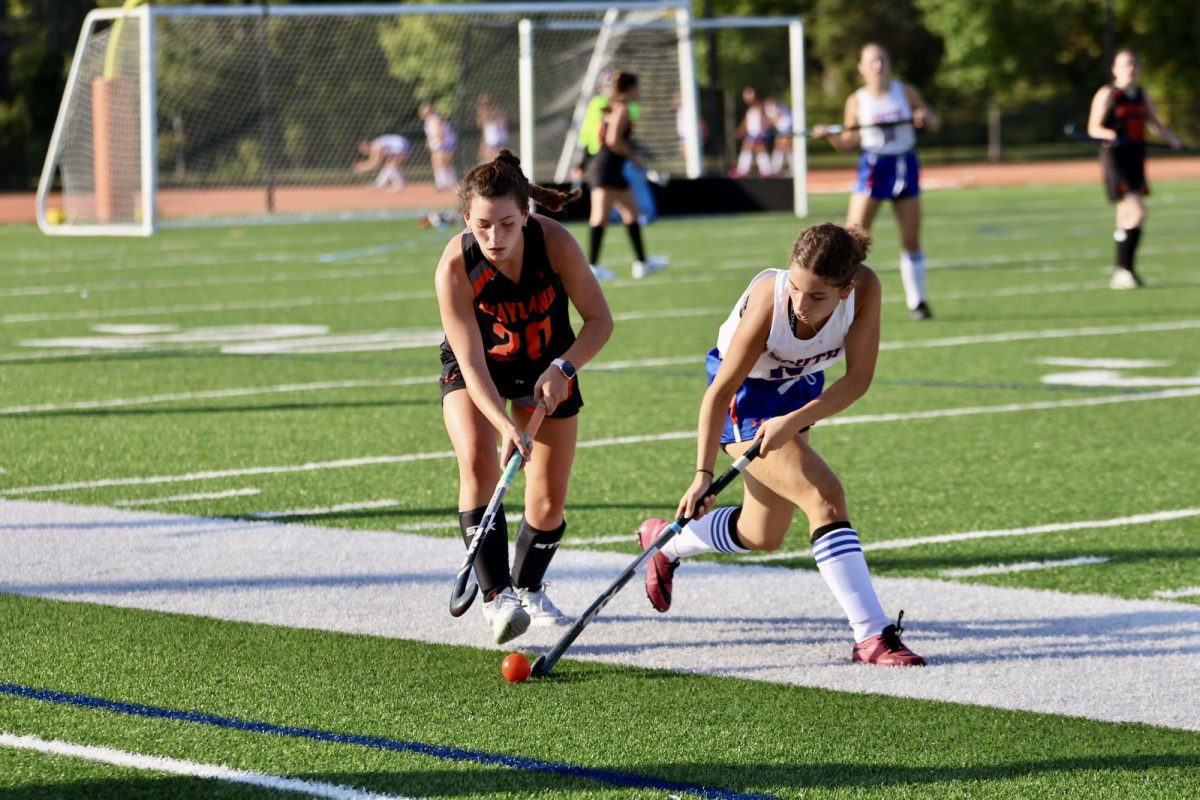

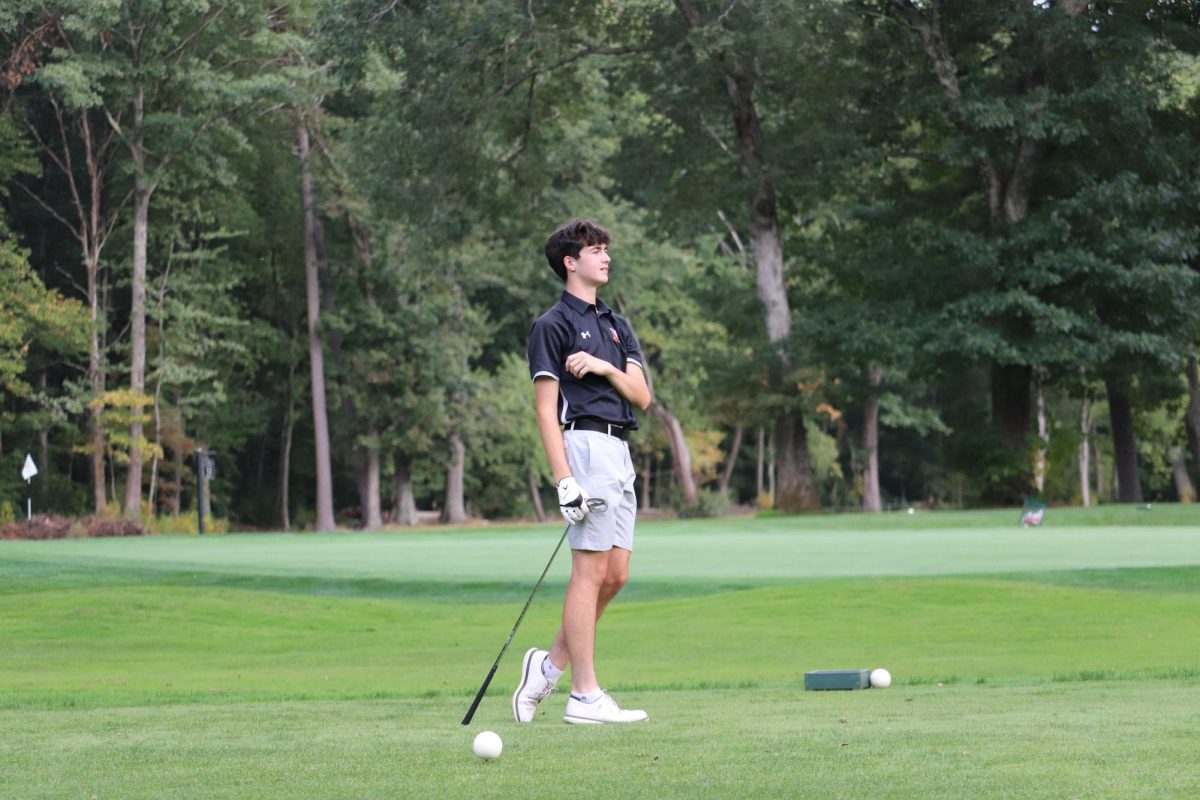
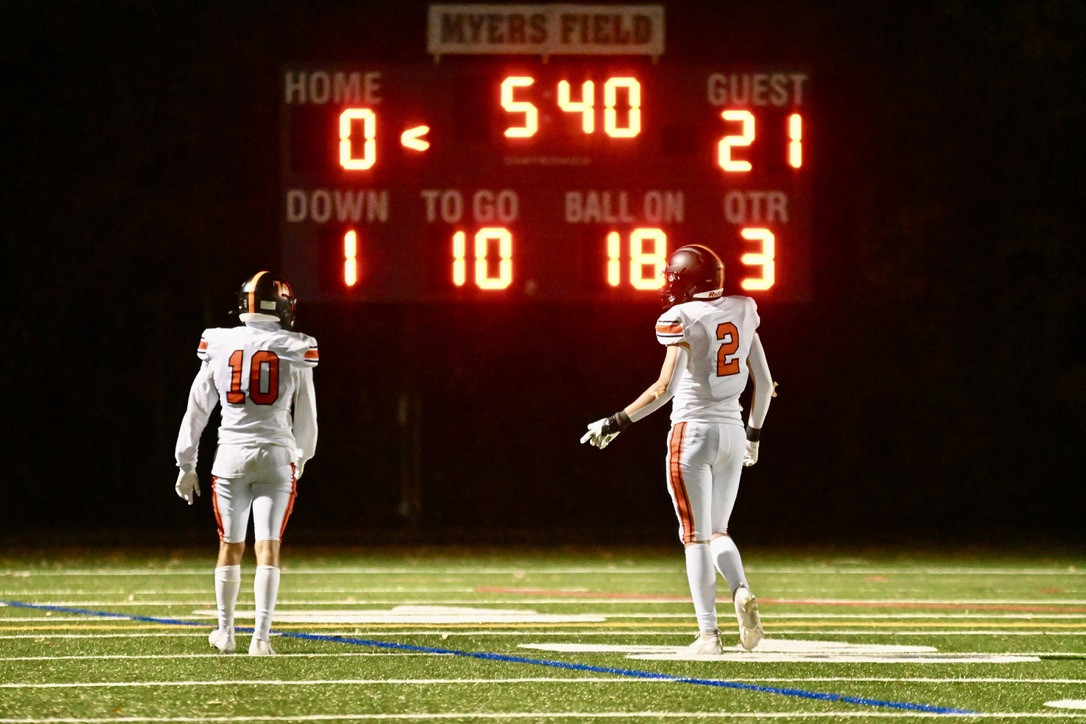


josue_béllasco • May 16, 2012 at 2:53 PM
in my opinion and experience, girls are more disciplined and hard working than guys (or at least develop this discipline earlier than boys), and this allows them to excel in these classes that require greater discipline and motivation. When it comes to math and science, generally you either get or you don't; grades are mostly reflected through tests. Conversely, the humanities aren't quite as difficult, but they require lots of disciplined effort.
nobody • May 17, 2011 at 9:56 AM
I looks like in general there are either more girls or the same amount of girls. Maybe girls in general are just smarter and more driven to be in harder classes. Or maybe there's more girls.
Junior • May 16, 2011 at 9:59 AM
10%? Yea right. That's what our administration likes to tell us, it's not true.
lol • May 14, 2011 at 1:03 PM
guys are more likely to be drunks/druggies which makes them less focused on school, lowering the number of intelligent boys
Morning • May 15, 2011 at 1:07 PM
But right there is a stereotype. If this is what people think, then they won't try with young buys and it starts up again
lol • May 15, 2011 at 9:29 PM
boys will be boys.
ehhh • May 17, 2011 at 6:50 PM
i do not think it is a fact that only 10 percent. thats what those surveys say which people arent going to answer truly with a teach right over there back. if it was 10 percent that would mean like only 20 kids a grade party and well thats jsut not true
'11 • May 14, 2011 at 11:31 AM
The stereotype doesn't "ring true" if there are more girls in math and science than boys!!